Introduction: Why Plumbing Permits Matter More Than You Think
Whether you’re a seasoned DIY enthusiast or a licensed professional, obtaining the correct plumbing permits is a critical yet often overlooked step in any plumbing project. While it might seem like just more paperwork and fees, permits play a vital role in ensuring your project meets local safety codes, avoids costly fines, and stands up to future inspections—especially if you decide to sell your home. Many homeowners and even some contractors underestimate the importance of permits, leading to failed inspections, legal headaches, insurance disputes, and even dangerous plumbing failures. In this in-depth guide, we’ll demystify the world of plumbing permits: what they are, when you need them, how to apply, and—most importantly—how to avoid the most common pitfalls that can derail your project. We’ll cover compliance strategies, real-world case studies, and tips for passing inspection the first time. Whether you’re replacing a water heater, installing new piping, or tackling a full bathroom remodel, this guide will empower you to get the job done right—and keep your project on the right side of the law.
Understanding Plumbing Permits: The Basics
What Is a Plumbing Permit?
A plumbing permit is an official document issued by your local municipality or building department that authorizes you (or your contractor) to perform specific plumbing work. It ensures that the work will be inspected for compliance with local and national plumbing codes, promoting safety and quality.
When Is a Plumbing Permit Required?
- Major pipe replacements: Replacing or rerouting water supply or drain lines.
- Water heater installation: Gas and electric units almost always require permits.
- Bathroom or kitchen remodels: Any work that changes plumbing layout or adds fixtures.
- Backflow prevention devices: Installation or replacement.
- New appliance connections: Dishwashers, washing machines, etc., when tying into existing plumbing.
Minor repairs (like replacing a faucet or fixing a leaky pipe under a sink) typically do not require a permit, but always check your local regulations.
Why Permits Are Not Optional
- Legal Compliance: Skipping permits is illegal and can lead to fines or forced removal of unapproved work.
- Insurance Protection: Unpermitted work may void your homeowner’s insurance coverage in the event of a claim.
- Resale Value: Unpermitted plumbing can delay or derail home sales, as buyers and lenders demand certified work.
- Safety: Permits ensure work is inspected for dangerous errors, protecting your health and property.
Common Plumbing Permit Pitfalls (and How to Avoid Them)
Pitfall #1: Assuming Small Jobs Don’t Need Permits
One of the biggest mistakes is assuming that only large-scale remodels require permits. In reality, even installing a new water heater or rerouting a drain can trigger permit requirements. Always check with your local building department before starting work.
Pitfall #2: Incomplete or Incorrect Permit Applications
Submitting an incomplete application can delay your project by weeks. Double-check that you’ve included:
- Detailed project description
- Accurate plumbing plans or diagrams
- Contractor license information (if applicable)
- Correct property address and owner details
- Application fees
If you’re unsure about any requirement, ask the permit office for a checklist or sample application.
Pitfall #3: Not Factoring in Inspections
Permits usually require one or more inspections—often at rough-in, mid-project, and completion stages. Failing an inspection can halt your project and rack up re-inspection fees. Schedule inspections in advance, and be present to answer questions or provide documentation.
Pitfall #4: Working Without a Permit
It may be tempting to skip the permit process to save time or money, but unpermitted work can lead to hefty fines, forced demolition, and insurance complications if anything goes wrong. Municipalities are increasingly vigilant, and neighbors may report unpermitted activities.
Pitfall #5: Not Keeping Records
Always retain copies of your permits, inspection reports, and approved plans. You’ll need these for insurance claims, future renovations, or when selling your home. Store both physical and digital copies in a secure location.
Step-by-Step: How to Obtain a Plumbing Permit
1. Research Local Requirements
Every municipality has unique rules and processes. Start by visiting your city or county’s building department website, or call them directly. Some offer online permitting, while others require in-person visits.
2. Prepare Your Project Plans
Most permit applications require a clear plan or schematic showing:
- Location of all fixtures (sinks, toilets, water heaters, etc.)
- Routing for new or modified pipes
- Pipe sizes and materials
- Backflow prevention devices (if applicable)
Use graph paper or digital tools for clarity. The more detailed your plan, the smoother the approval process.
3. Complete the Application
Fill out the required forms with attention to detail. Mistakes or omissions are common causes of delays. Double-check contractor licensing information if you are hiring a professional.
4. Pay Fees
Fees vary widely based on project scope and local rates. They can range from $50 for simple jobs to several hundred dollars for major remodels. Some municipalities offer online payment.
5. Submit and Wait for Approval
Submit your application and plans as directed. Some approvals are granted the same day; others may take a week or more, especially if plan review is required. Be proactive—follow up if you don’t hear back within the estimated timeframe.
6. Schedule Inspections
Inspections ensure your work meets code at critical stages. Common inspection points include:
- Rough-in (after pipes are installed but before walls are closed)
- Final (after fixtures are installed and system is operational)
Don’t cover or conceal any work before it has been inspected and approved.
7. Pass Final Inspection
Once you pass the final inspection, your permit is closed out and your work is officially approved. Keep all documentation for your records.
Real-World Case Studies: Permit Successes and Setbacks
Case Study 1: Water Heater Replacement Gone Wrong
A homeowner replaced their aging water heater without a permit. Months later, a minor leak caused water damage. When filing an insurance claim, the adjuster discovered the job was unpermitted and denied the claim. The homeowner faced out-of-pocket repairs and was forced to obtain a retroactive permit, which included costly corrections to bring the installation up to code.
Case Study 2: Smooth Sailing with Proper Permits
A DIYer planned a laundry room addition. They submitted detailed plumbing plans, paid the correct fees, and coordinated with the inspector at each stage. The result: a code-compliant project, no delays, and peace of mind when selling the home. The buyer’s agent praised the thorough documentation, helping the sale close quickly.
Case Study 3: Contractor Neglects Permit—Homeowner Pays the Price
A contractor convinced a homeowner that a permit wasn’t necessary for a bathroom remodel. After completion, the municipality discovered the unpermitted work during a neighborhood inspection sweep. The homeowner had to pay for a permit, plus costly rework to address code violations. The contractor was fined, but the homeowner bore most of the responsibility.
Insider Tips for a Smooth Permit Process
- Ask for a Pre-Submittal Meeting: Many building departments offer free consultations to review your plans and answer questions before you submit.
- Use Clear, Accurate Drawings: Ambiguous or sloppy plans cause delays. Use digital tools or hire a draftsperson for complex jobs.
- Keep Communication Open: Respond promptly to requests for additional information.
- Schedule Inspections Early: Inspectors’ schedules can fill up quickly, so book your spot as soon as your work is ready.
- Be Present at Inspections: Your availability to answer questions can help resolve issues on the spot.
- Document Everything: Take photos at each stage for your records.
- Know When to Call a Pro: If the permit process or code requirements feel overwhelming, consider hiring a licensed plumber experienced in local permitting.
Frequently Asked Questions About Plumbing Permits
What happens if I do plumbing work without a permit?
You risk fines, mandatory removal of the work, insurance denial, and future problems when selling your home. Municipalities can require you to expose hidden work for inspection, adding to costs.
Can I apply for my own permit as a homeowner?
In many areas, yes—if you’re performing work on your primary residence. However, rental properties or commercial jobs usually require a licensed contractor to pull the permit.
How long does it take to get a plumbing permit?
Simple jobs may be approved the same day; complex projects can take a week or more. Plan for possible delays, especially during busy construction seasons.
Is a permit required for replacing fixtures?
Swapping out like-for-like fixtures (e.g., replacing a faucet or toilet) rarely requires a permit. But moving fixtures, adding new ones, or altering piping almost always does.
Conclusion: Make Permits Your Project’s Best Friend
Plumbing permits may seem like a bureaucratic hurdle, but they’re actually a valuable tool for ensuring your project is safe, legal, and built to last. By understanding the permitting process, you avoid the risks of fines, failed inspections, insurance headaches, and future resale complications. As we’ve seen in the case studies, cutting corners with permits can quickly turn a straightforward job into an expensive nightmare—while getting permits right paves the way for smooth, stress-free results. Treat permits as an essential step, not an afterthought. Do your homework, prepare clear plans, stay communicative with inspectors, and keep thorough records. If in doubt, ask your local building department or consult a professional. With these habits in place, you’ll not only protect your investment but also gain peace of mind knowing your plumbing project is up to code and ready for the future. Remember: the time and effort you invest in proper permits is a small price to pay compared to the potential costs of skipping this crucial step. Happy plumbing—and permit wisely!
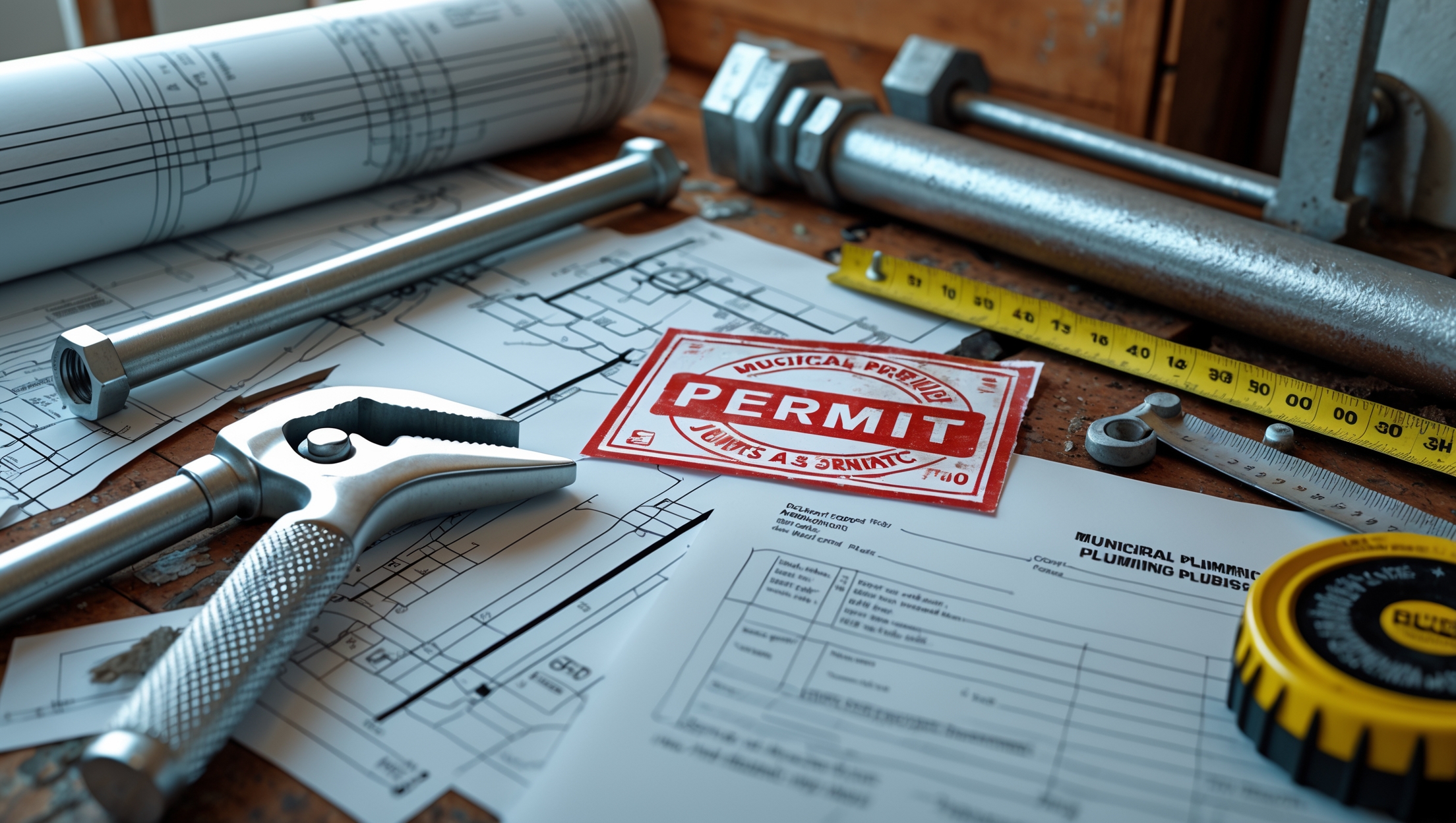

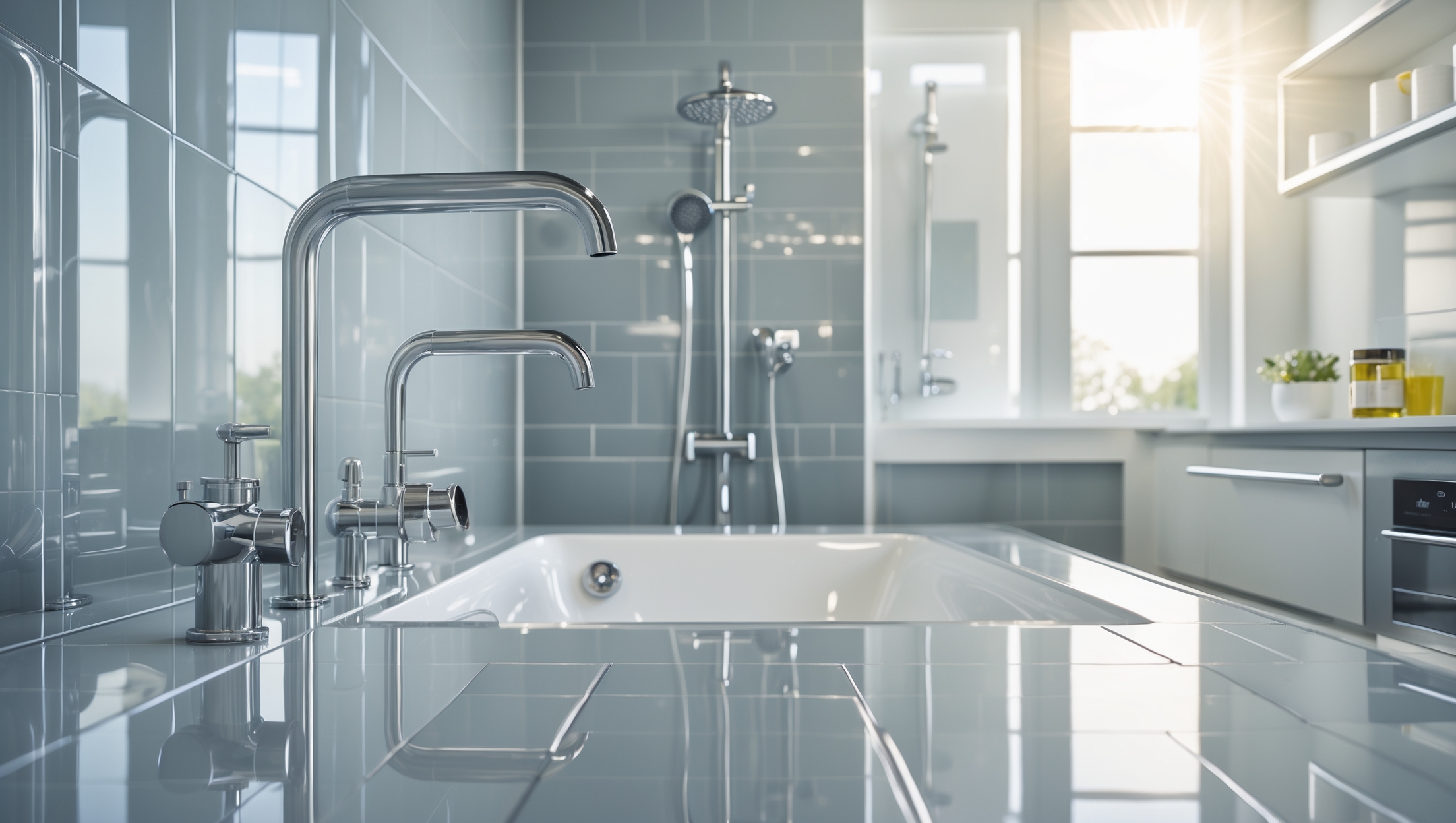

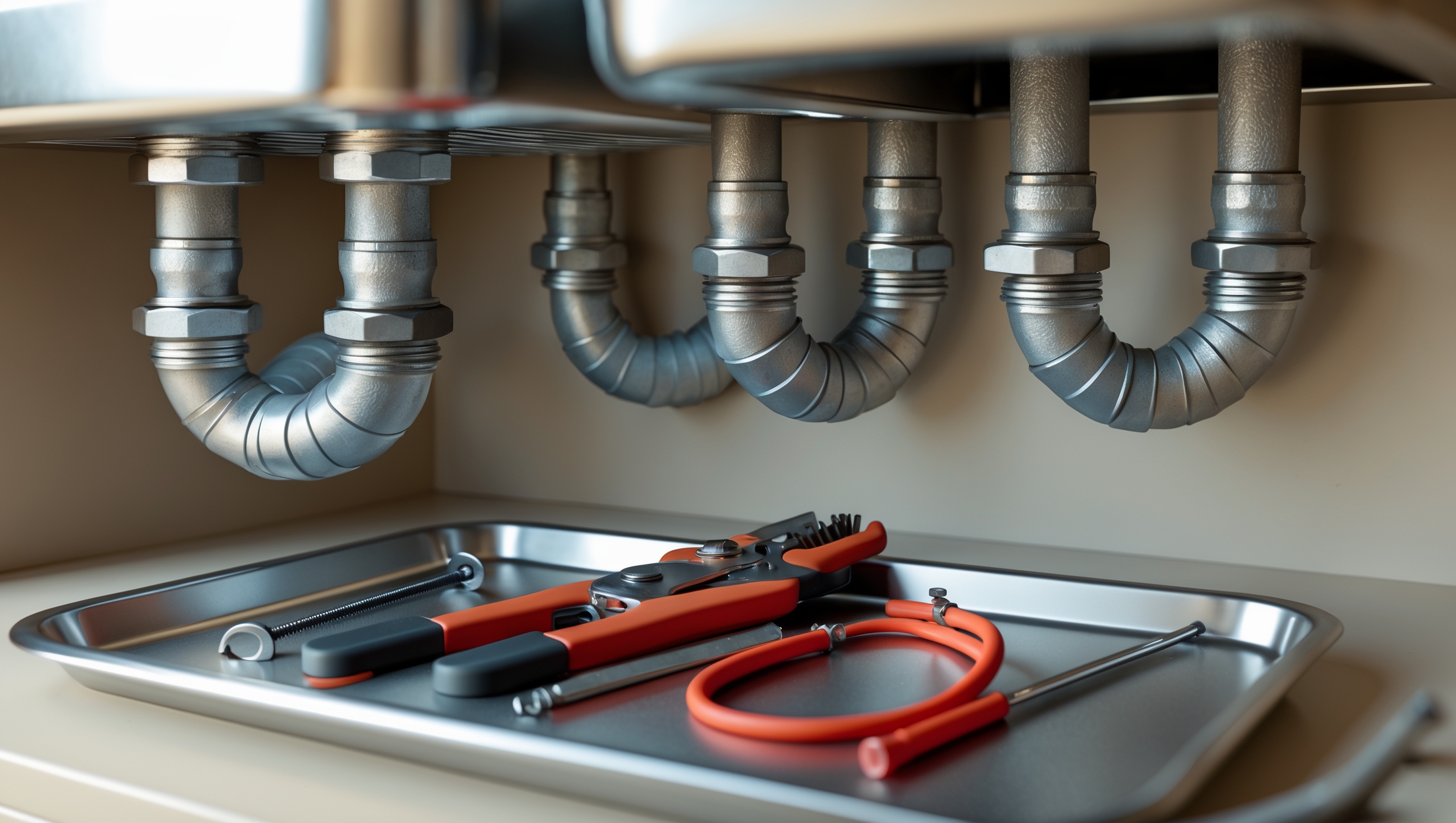
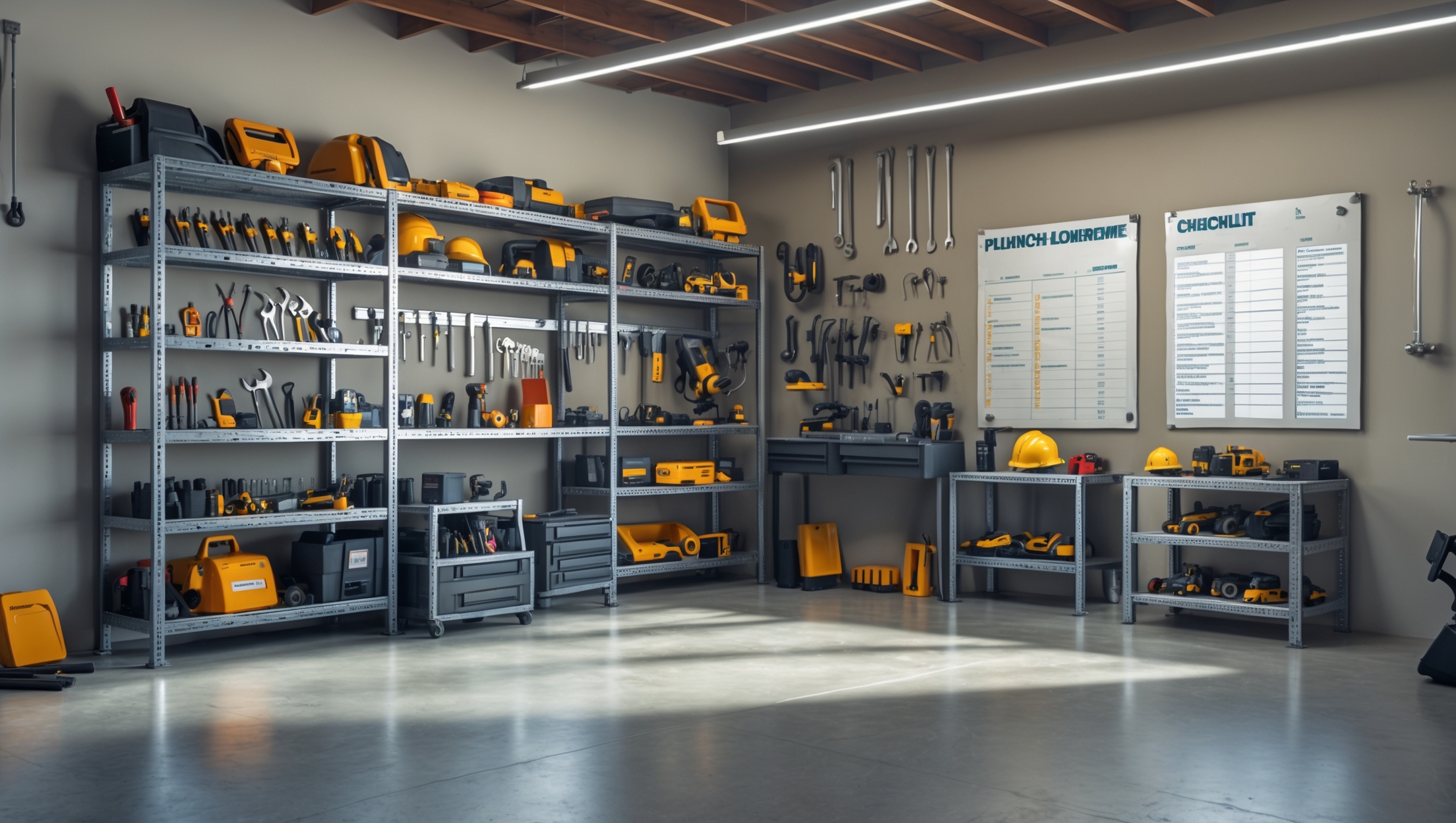


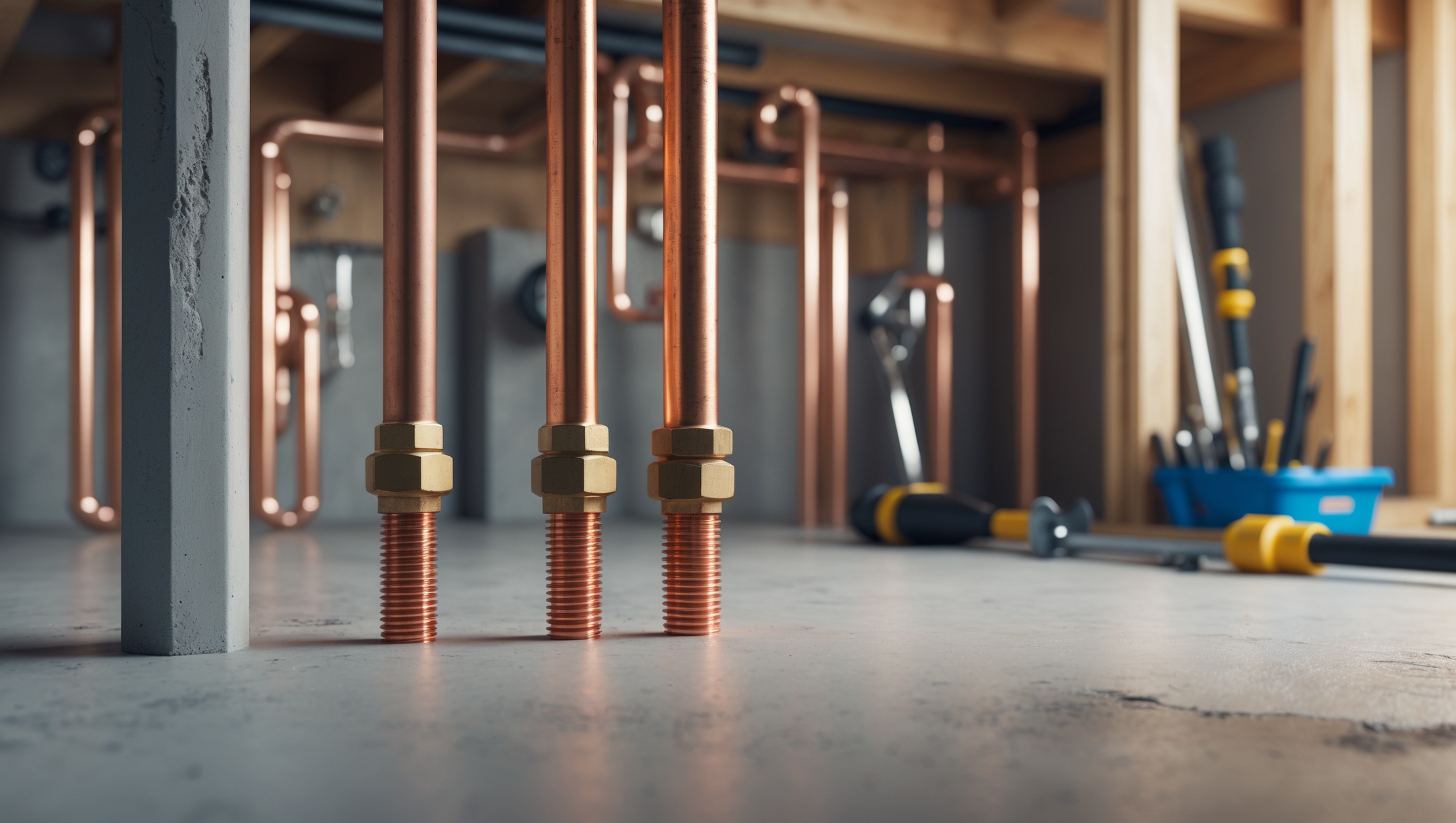
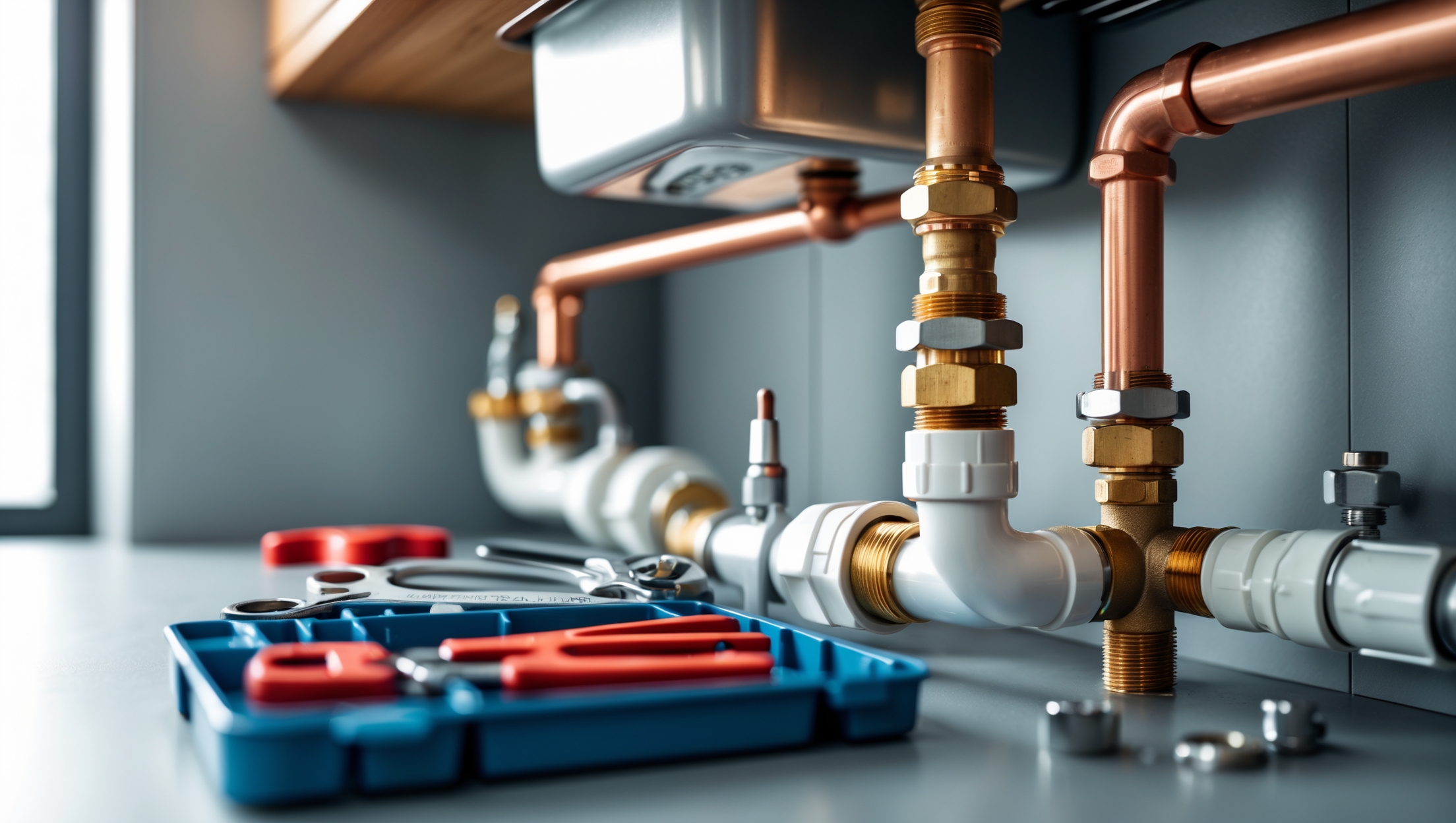
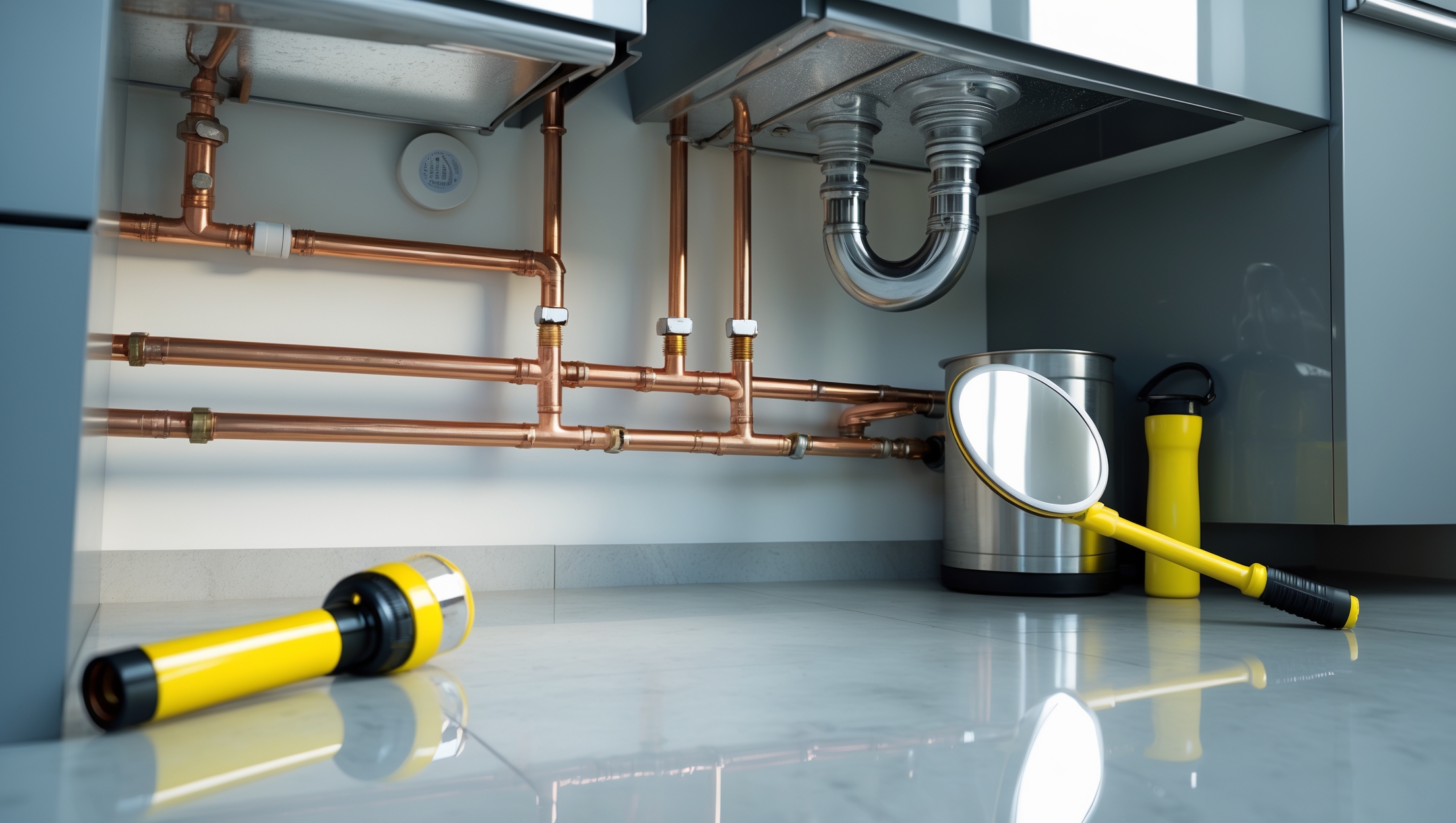
Linda Lee
If I hire a licensed plumber for a backflow prevention device installation, whose responsibility is it to make sure the correct permit is obtained—mine as the business owner or the plumber’s?